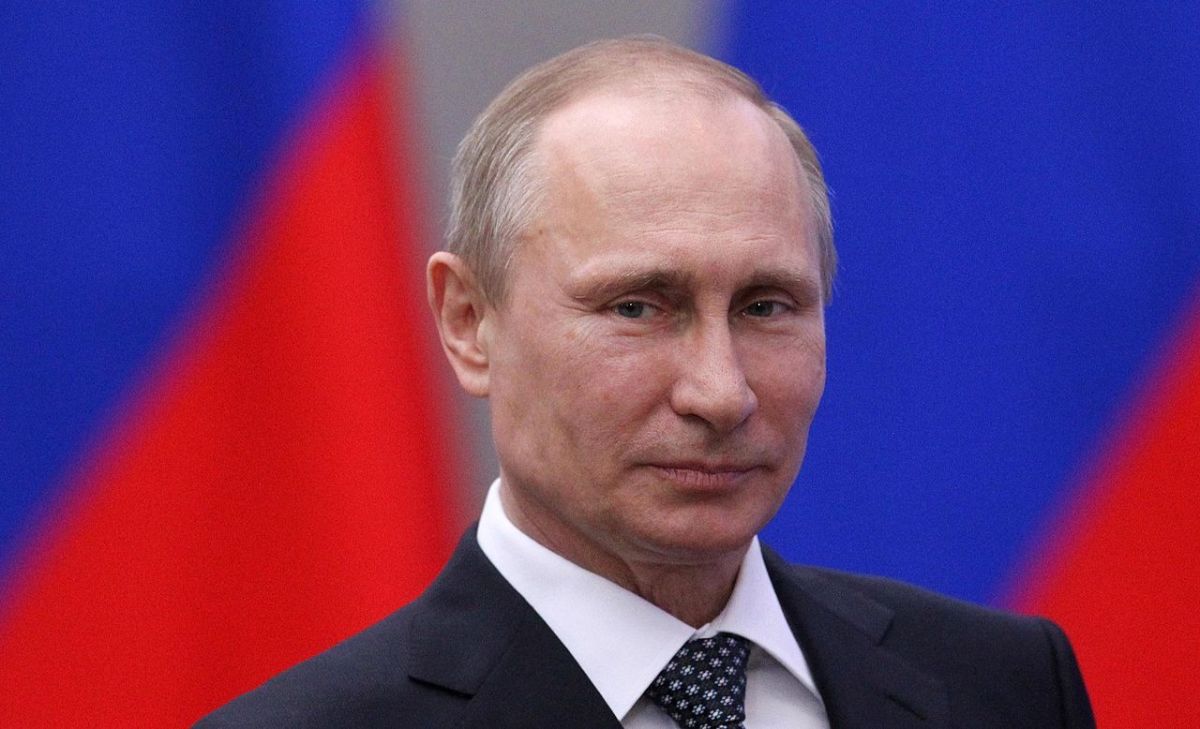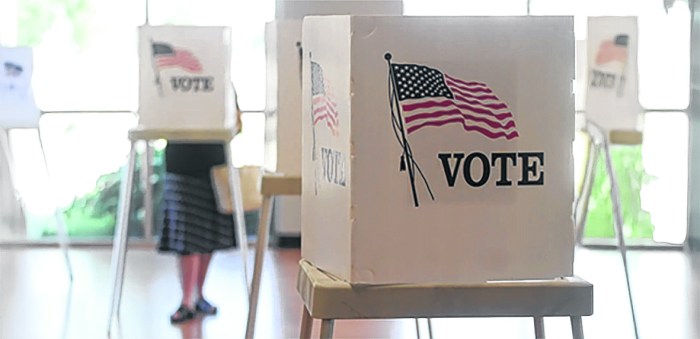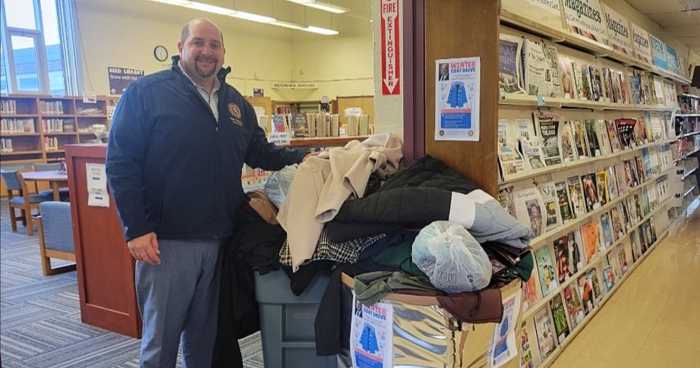Several Long Island congressional representatives have joined a growing chorus of elected officials urging an investigation into Russia’s purported interference in the presidential election and alleged hacking of the Democratic National Committee and the Republican National Committee, even as disagreements remain regarding the veracity of recently leaked intelligence assessments.
The calls for a probe come amid news reports of a secret CIA assessment concluding that Russia interfered in the election to boost now President-elect Donald Trump’s chance of winning—instead of simply undermining the United State’s electoral system—and on the heels of his announced pick for secretary of state, Exxon Mobil CEO Rex Tillerson, who has close business ties to Russian President Vladimir Putin.
The reports in the Washington Post noted that the agency has not yet uncovered evidence that Russian President Vladimir Putin directed the attack. The paper also acknowledged “minor disagreements among intelligence officials about the agency’s assessment, in part because some questions remain unanswered.”
Shortly after the publication of the explosive WaPo story, The New York Times reported that Russia had infiltrated the Republican National Committee during the election campaign but did not publicly release any documents from that purported hack.
Further muddying the intelligence assessment are disagreements between the federal intelligence agencies, such as the CIA and FBI. The latter has said it has yet to find evidence supporting the notion that the Russian hack was intended to support Trump. Underscoring the contrasting points of view, the CIA, WaPo reported, told several U.S. Senators in a private security briefing that it was “quite clear” Russia interfered to improve Trump’s chances of winning.
Congressional leaders on both sides of the aisle now say they support an investigation into allegations that Russian interfered in the 2016 presidential election.
“Congress’s national security committees have worked diligently to address the complex challenge of cybersecurity, but recent events show that more must be done,” a group of senators, including incoming Minority Leader Chuck Schumer (D-NY), John McCain (R-AZ) and Lindsey Graham (R-SC), said in a statement. “While protecting classified material, we have an obligation to inform the public about recent cyberattacks that have cut to the heart of our free society.”
Long Island Reps. Peter King (R-Seaford), Kathleen Rice (D-Garden City), Gregory Meeks (D-Queens) and retiring Rep. Steve Israel (D-Dix Hills) all said they welcome a probe into potential Russian intrusion. The office of Rep. Lee Zeldin (R-Shirley) did not respond to a request for comment.
Rep. Meeks’ Statement on Investigating Russian Govt Interference in 2016 Presidential Elections ==> https://t.co/D2iFFGJbTN pic.twitter.com/eZrJShWPCx
— Gregory Meeks (@GregoryMeeks) December 12, 2016
Hacking in this year’s election must be investigated. I support @POTUS call for full review #democracy
— (((Steve Israel))) (@RepSteveIsrael) December 9, 2016
For his part, Trump says he has scrutinized the intelligence reports and does not believe the Russians interfered, calling the analysis “ridiculous.”
Questions regarding how Russia was able to hack into the Democratic National Committee’s system, and, perhaps most consequential, who directed the alleged intrusion into the DNC, as well as Democratic nominee Hillary Clinton’s campaign chairman John Podesta’s email, are high on the list for politicians aghast at the brazen pilfering of correspondences passed along to WikiLeaks during the election.
The constant drip of leaked emails prior to the Nov. 8 election, many of them mundane but others more damaging to Clinton, contributed to public concerns that the former US Secretary of State and First Lady was dishonest.
“Russia’s reported interference in our elections—regardless of whether their motivation was to undermine the integrity of the process or, as the CIA has concluded, to help a specific candidate—is a direct attack on the foundation of our democracy, and it demands a rigorous bipartisan investigation,” said Rice, a minority member of the House Homeland Security Committee, in a statement.
King, also a member of the House Homeland Security Committee and Chairman of the Sub-Committee on Counterterrorism and Intelligence, told the Press that there’s little doubt that the Democratic National Committee was hacked by Russians. But he remains unconvinced that Russia was behind the breach into Podesta’s email or that the series of election-related attacks were managed by top officials inside the Kremlin in an attempt to swing the election in Trump’s favor.
“It’s the pretty solid consensus that they did hack into the Democratic National Committee, also that they attempted to hack into the Republican National Committee but did not succeed,” said King, adding that the recent disclosures amounted to “selective leaking” by people with an agenda.
Still, King acknowledges that intelligence agencies may not have all the facts yet, thus he supports an investigation, which he said should be conducted by the Homeland Security Committee because special select committees often take months to get off the ground.
As for Trump’s outright rejection of the intelligence agencies’ assessments, King said he disagreed.
“I’m no expert on cyber security or hacking, I try to be an expert on knowing who to rely on,” he said, adding that there’s consensus the Russians hacked the DNC. “Why Donald Trump doesn’t accept that, [he’d] have to explain that.”
The intelligence leaks came just hours after President Barack Obama ordered a full review of the Russians’ hacking efforts during the presidential election.
Trump’s choice of Tillerson, who received Russia’s “Order Of Friendship” from Putin in 2013—one of the highest honors that country can bestow upon a foreigner—has also received growing criticism. Sen. McCain called Putin “a thug and a murderer” on CNN Monday, repeated the description on NPR, and said, “I don’t see how anybody could be a friend of this old-time KGB agent.”
(Top Photo: Russian President Vladimir Putin/Courtesy Maria Joner)


































